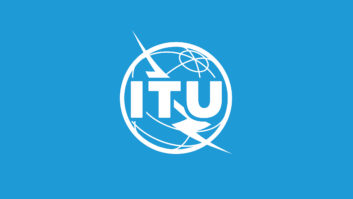Representatives from the recording and technology industries issued a core set of seven principles to guide future legal policy actions for distribution of digital content. The Business Software Alliance (BSA), the Computer Systems Policy Project (CSPP) and the RIAA’s document says that content creators should be able to use technology to protect their property, citing that government mandates are not the way to go; rather, it is a business decision, based on the dynamics of the marketplace.
This decision helps derail Sen. Fritz Hollings’ (D-S.C.) P2P Privacy Prevention Act (the Hollings Bill) that requires electronics manufacturers to create and implement security technology on their products.
The members of the BSA include: Adobe, Apple, Autodesk, Avid, Bentley Systems, Borland, Cisco Systems, CNC/Mastercam, Dell, Entrust, HP, IBM, Intel, Internet Security Systems, Intuit, Macromedia, Microsoft, Network Associates, Novell, PeopleSoft, SeeBeyond, Sybase and Symantec. Members of CSPP are: Dell Computer Corporation, Intel Corporation, Hewlett-Packard Company, Motorola Corporation, NCR Corporation, IBM Corporation, EMC Corporation and Unisys Corporation.
One of the more significant points concerning this resolution is who didn’t sign it: the Motion Picture Association of America (MPAA). According to Jack Valenti, president of the MPAA, the motion-picture industry is concerned about Internet distribution of digital TV and movies copied from DVDs. Valenti told a New York Times reporter, “We are not prepared to abandon the option of seeking technical protection measures via the Congress or appropriate regulatory agency, if necessary.” On the consumer front, the Consumer Electronics Association (CEA) “believes that legislation is required to strike the necessary balance between protecting copyrights and consumers’ fair-use rights,” according to CEA president and CEO Gary Shapiro.
Send your “Current” news to Sarah Benzuly at [email protected].







